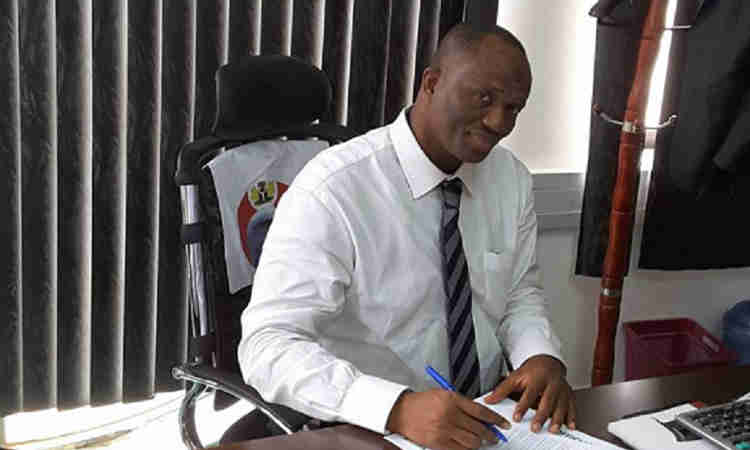There are no products in your shopping cart.
| 0 Items | £0.00 |

 GOVERNMENT officials have announced plans to crackdown on ghost businesses across the country as part of a programme to combat corruption and to increase tax collection under ongoing plans to boost state revenue.
GOVERNMENT officials have announced plans to crackdown on ghost businesses across the country as part of a programme to combat corruption and to increase tax collection under ongoing plans to boost state revenue.
Standing at just 6%, Nigeria currently has one of the lowest gross domestic product (GDP)-to-tax ratios in the world. With over 90% of government revenue coming from the sale of crude oil, Nigeria lives at the mercy of the vagaries of the petroleum market and tax is seen as one way of bringing in revenue from other sources.
Keen to address this problem, the Nigeria Financial Intelligence Unit (NFIU) , is planning to conduct an audit of all businesses in the country to determine those who are operational and who need to be paying tax. Speaking during a during a visit to the Securities and Exchange Commission, NFIU chairman Moddibo Tukur, said that the businesses that were registered without physical addresses constitute an economic challenge to the country and would be deregistered.
He added: “If anyone establishes a company, it has to be a company indeed and we have to be firm on this. So, we have to step up regulation to avoid fraudulent transactions.”
Mr Tukur stressed that a new set of guidelines would be announced before September and implementation would commence a few weeks after that. He added that companies without physical addresses are shell companies and they are usually registered and operated to shield the identity of their beneficial owners.
While Nigeria is not notorious as a haven for shell companies, the country is replete with firms that use fictitious registration to take lucrative government contracts, a critical part of the larger corruption problem. Mr Tukur said the policy was being aggressively pursued ahead of a single-currency initiative of Economic Community of West African States (Ecowas).
“We know that capital and investments will move across borders and it is a single currency. We will publish the parameters and also give them enough time to regularise after which those that do not comply before the deadline will be shut down,” Mr Tukur added.